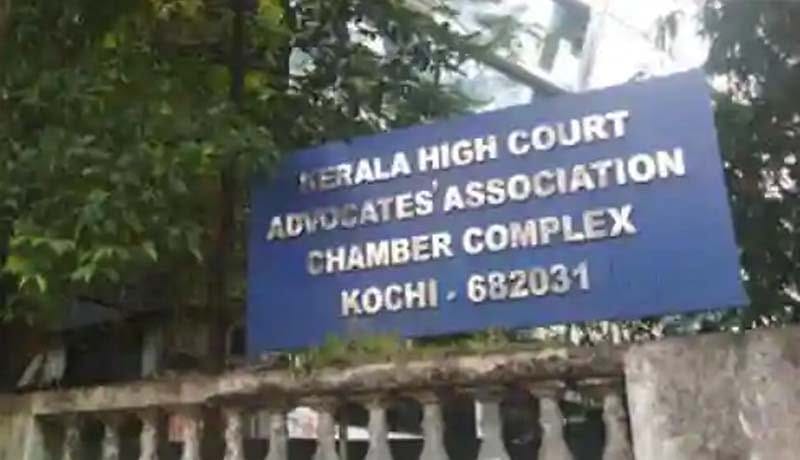E-way Bill Lapse for Dealer Attracts Penalty u/s 129(1)(a) and Not 129(1)(b) of UPGST Act: Allahabad HC Directs Fresh Computation [Read Order]
Setting aside a wrongful order of the State Tax authorities, the Court directed recomputation of the penalty strictly on the invoice value under Section 129(1)(a)
![E-way Bill Lapse for Dealer Attracts Penalty u/s 129(1)(a) and Not 129(1)(b) of UPGST Act: Allahabad HC Directs Fresh Computation [Read Order] E-way Bill Lapse for Dealer Attracts Penalty u/s 129(1)(a) and Not 129(1)(b) of UPGST Act: Allahabad HC Directs Fresh Computation [Read Order]](https://images.taxscan.in/h-upload/2025/11/22/2107406-e-way-bill-dealer-attracts-penalty-penalty-upgst-act-allahabad-hc-taxscan.webp)
In a significant ruling, the Allahabad High Court has held that failure to carry an e‑way bill by a registered dealer cannot invite a penalty under Section 129(1)(b) of the U.P. Goods and Services Tax Act, 2017.
The petitioner’s goods were intercepted while being transported and were accompanied by a valid tax invoice disclosing full particulars of ownership. Despite this, the adjudicating authority imposed a penalty under Section 129(1)(b), which applies to cases involving unregistered persons.
The petitioner argued that the only lapse was the absence of an e‑way bill, and therefore, penalty, if any, should have been levied under Section 129(1)(a), which governs registered dealers. Reliance was placed on the precedent in Halder Enterprises v. State of U.P. (2023), where the Court had quashed a similar misapplication.
Comprehensive Guide of Law and Procedure for Filing of Income Tax Appeals, Click Here
Agreeing with the petitioner, the Division bench comprising Justice Saumitra Dayal Singh and Justice Indrajeet Shukla observed that the statutory scheme clearly distinguishes between registered and unregistered persons.
Since the dealer was registered and the goods were supported by a tax invoice, the penalty under Section 129(1)(a) alone was applicable.
The Court quashed the impugned order and directed the authorities to recompute the penalty strictly under Section 129(1)(a) within three weeks.
 Also Read:Kerala High Court issues Notice to Govt. on plea of KHCAA challenging GST on Goods and Services provided by Association to its own Members [Read Petition]
Also Read:Kerala High Court issues Notice to Govt. on plea of KHCAA challenging GST on Goods and Services provided by Association to its own Members [Read Petition]
Further, the Court ordered that the goods be released forthwith upon deposit of the recomputed penalty amount based on the invoice value. It also clarified that if any dispute survives after recomputation, the petitioner may avail statutory remedies in accordance with the law.
Support our journalism by subscribing to Taxscan premium. Follow us on Telegram for quick updates


